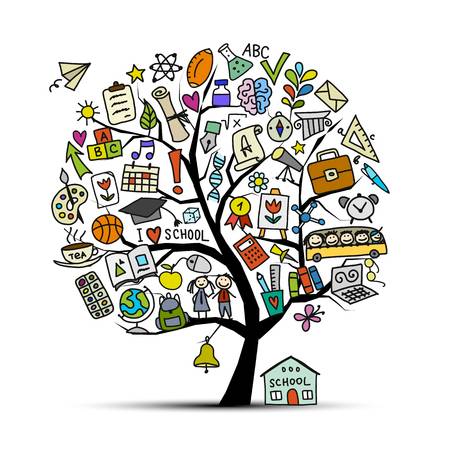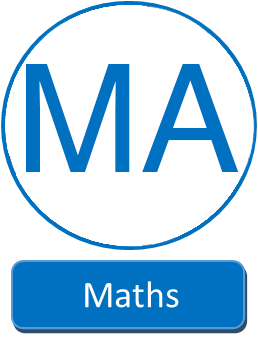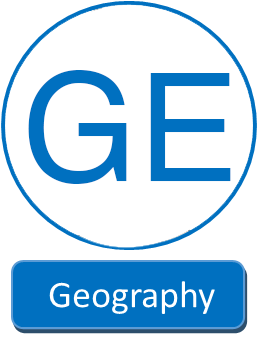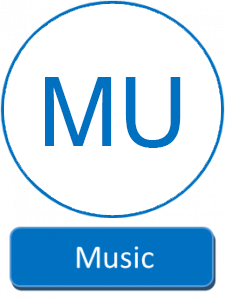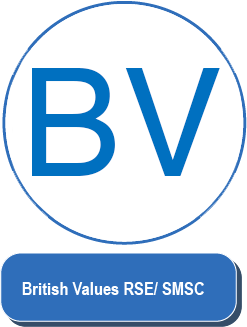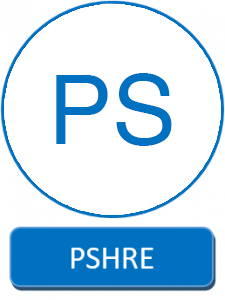

Early Years (Nursery and Reception)
Children are taught with the emphasis on learning through play. We maintain a high ratio of teaching staff to pupils and facilities inside and outside provide exceptional learning experiences for our children.
Key Stage 1 (Years 1 and 2)
We continue to provide a broad, balanced curriculum in Key Stage 1 with an emphasis on teaching English and mathematics. We develop reading and writing through a phonics based programme and equip our children with the basics that will enable them to take the Standard Attainment Tests (SATS) at the end of Year 2.
Key Stage 2 (Year 3 to 6)
Within Key Stage 2, children continue to follow the National Curriculum developing their independent learning skills which will equip them for their next stage of education.
On leaving school we aim to have created confident, well rounded individuals who enjoy learning and have met and hopefully exceeded National expectations relevant to their own stage of development.
Phonics & Reading
We believe that the teaching of phonics is fundamental to the development of early reading skills. At Castlechurch Primary School it is essential that our approach to teaching phonics and reading is accessible to all learners, regardless of background and that it promotes and fosters a life-long love of reading from the very beginning of their school journey.
At Castlechurch Primary School, we believe that all our children can become fluent readers and writers. This is why we teach reading through Little Wandle Letters and Sounds Revised, which is a systematic and synthetic phonics programme. We start teaching phonics in Nursery/Reception and follow the Little Wandle Letters and Sounds Revised progression, which ensures children build on their growing knowledge of the alphabetic code, mastering phonics to read and spell as they move through school.
CC Phonics and Early Reading Policy October 2022
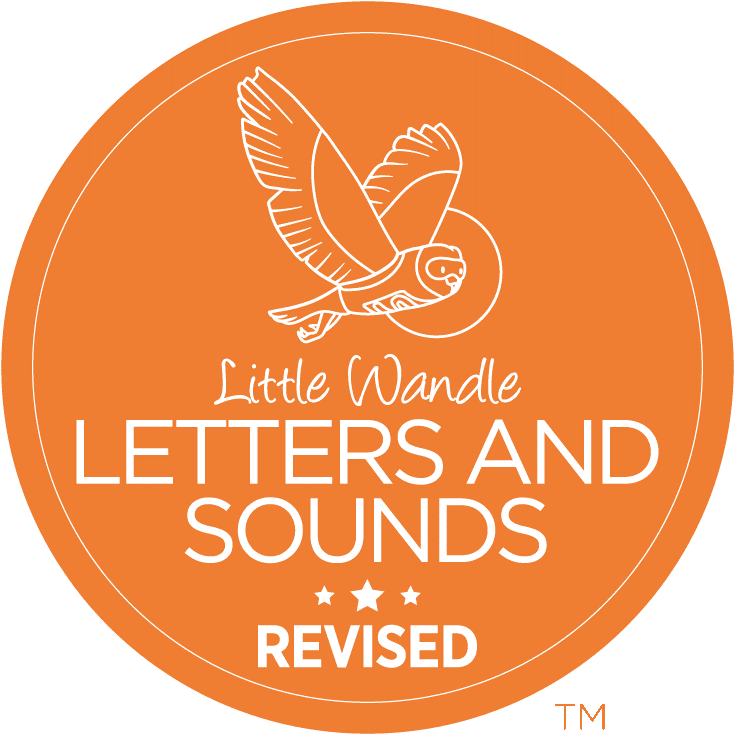
Supporting your child with reading
Although your child will be taught to read at school, you can have a huge impact on their reading journey by continuing their practice at home. There are two types of reading book that your child may bring home:
- A reading practice book. This will be at the correct phonic stage for your child. They should be able to read this fluently and independently.
- A sharing book. Your child will not be able to read this on their own. This book is for you both to read and enjoy together.
Reading practice book
This book has been carefully matched to your child’s current reading level. If your child is reading it with little help, please don’t worry that it’s too easy – your child needs to develop fluency and confidence in reading.
Listen to them read the book. Remember to give them lots of praise – celebrate their success! If they can’t read a word, read it to them. After they have finished, talk about the book together.
Sharing book
In order to encourage your child to become a lifelong reader, it is important that they learn to read for pleasure. The sharing book is a book they have chosen for you to enjoy together.
Please remember that you shouldn’t expect your child to read this alone. Read it to or with them. Discuss the pictures, enjoy the story, predict what might happen next, use different voices for the characters, explore the facts in a non-fiction book. The main thing is that you have fun!
Our Curriculum
Our curriculum has been designed with our school context, resources and pupils in mind. Please find below our curriculum intent statement which clarifies our approaches, priorities and rationale.
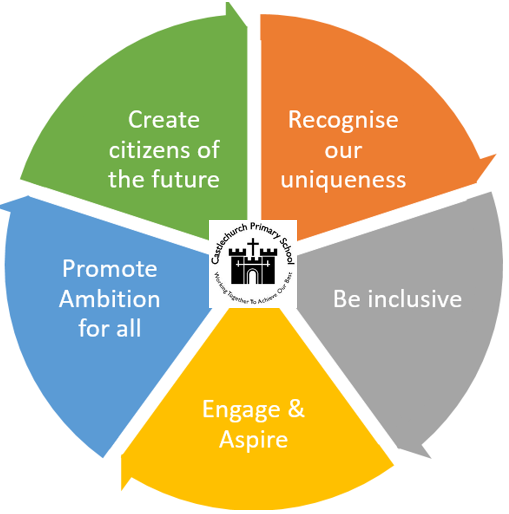
Alongside our curriculum intent we have identified key, life long skills which we believe are integral to the future success of our children as life long learners. We call them our Curriculum Drivers. Our whole school curriculum provision develops and embeds these skills through a progressive and sequential approach.
Subject Specific Information

